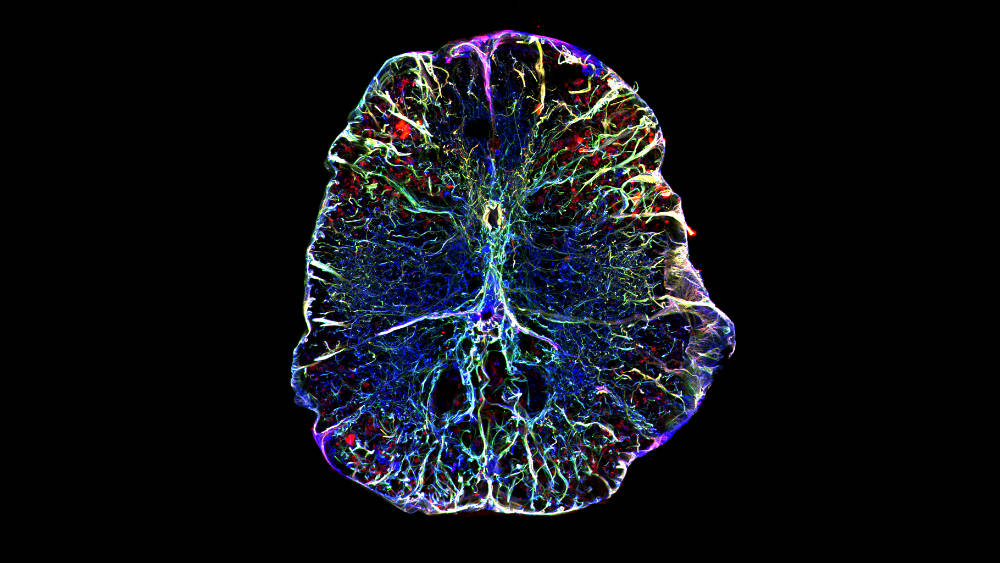Spinal cord injury results from trauma to the vertebral column, usually caused by accidents during sport activities or driving. Injury of the spinal cord is a devastating condition for the individuals who suffer not only from paralysis but also chronic pain and impairment of bodily functions such as bowel and bladder control. In addition to the physical aspects of this condition, the psychological impact is tremendous. According to the World Health Organization (WHO), as many as 500,000 people suffer a spinal cord injury each year (see WHO website).
Humans do not regain spinal cord function after injury. However, zebrafish have the remarkable ability to functionally recover from spinal cord injury. They repair injured connections, replace damaged motor neurons and oligodendrocytes, enabling them to regain full movement within four weeks after injury. This grant now allows six European partnering institutions from Germany, France, Great Britain, Poland and Belgium to use this tropical fish to identify novel targets and mechanisms to improve the functional recovery after a spinal cord injury, test these targets in mammals and translate the findings into the human spinal cord cells. Along with the CRTD, the collaborator team includes researchers from the French National Institute of Health and Medical Research (Inserm), the University Hospital Carl Gustav Carus Dresden, the Free University of Brussels (VUB) and the Nencki Institute of Experimental Biology of the Polish Academy of Sciences. The complete project is coordinated by the University of Edinburgh (UK).
Read the full text in the CRTD press release (PDF)
Source: CRTD
